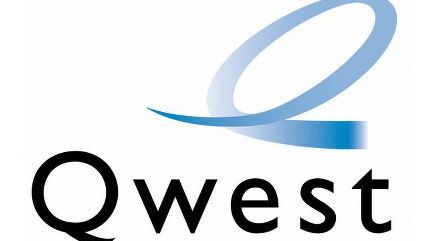So Whatever Happened to Qwest? An Object Lesson in Resisting Government Surveillance
CEO is imprisoned over insider trading. He says it's because they wouldn't play ball with the NSA.


Why don't telecoms or big tech companies just say no to the federal government demanding user records? Forget what the law says, would the feds actually come in and shut down the biggest companies in the country for refusing? Of course not – it would send the country into chaos.
But because of the expansive scope of the United States government, most of our biggest companies also earn a specific – and not small – amount of revenue from federal contracts. Over the past year, the ailing fortunes of Research in Motion (makers of the BlackBerry) have been illustrated by its loss of various government agency contracts in favor of other mobile tech providers.
The federal government doesn't need to hammer these companies in a massive public display of authority to get cooperation. It just needs to hammer them in the right way in the right place. Business Insider takes note of the fate of the telecom company once known as Qwest, and its former CEO, currently in jail:
Former Qwest CEO Joseph Nacchio is currently serving a six-year sentence after being convicted of insider trading in April 2007 for selling $52 million of stock in the spring of 2001 as the telecommunications carrier appeared to be deteriorating.
During the trial his defense team argued that Nacchio, 63, believed Qwest was about to win secret government contracts that would keep it in the black.
Nacchio alleged that the government stopped offering the company lucrative contracts after Qwest refused to cooperate with a National Security Agency surveillance program in February 2001.
The PRISM scandal has given Nacchio's claims new life. Arguably, a telecom dependent on federal contracts to survive doesn't deserve to do so. But to further go after Nacchio directly, presuming his defense is even remotely true, sends a scary warning message to any fellow corporate leaders about who is calling the shots.


Show Comments (43)